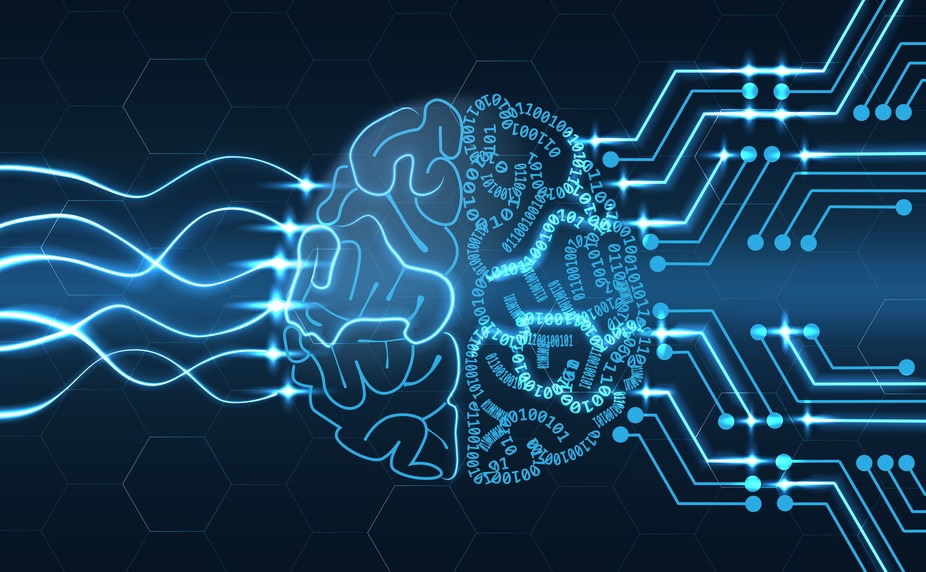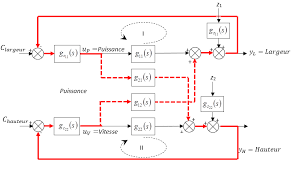automatique et informatique industriel

Course Highlights:
Lecture 1: Foundations of Artificial Intelligence
Begin your journey with an introduction to AI, tracing its history, understanding its demand, exploring key applications, and categorizing its types and programming languages.Lecture 2: Introduction to Machine Learning (ML)
Uncover the basics of ML, its necessity, core definitions, and the structured process that drives its success.Lecture 3: Types of Machine Learning
Gain insights into supervised, unsupervised, and reinforcement learning, and explore the types of problems solvable using ML techniques.Lecture 4: Supervised Learning Algorithms
Dive deep into algorithms such as Linear and Logistic Regression, Decision Trees, Random Forests, Naive Bayes, K-Nearest Neighbor (KNN), and Support Vector Machines (SVM).Lecture 5: Unsupervised Learning and Beyond
Explore clustering techniques like K-means, delve into reinforcement learning, compare AI, ML, and Deep Learning, and examine the limitations of ML.Lecture 6: Deep Learning Fundamentals
Learn about deep learning's working mechanisms, use cases, neural networks, backpropagation, and advanced models like recurrent and convolutional neural networks.Lecture 7: Fuzzy Logic
Understand fuzzy logic principles and its role in decision-making processes, with practical examples to bridge theory and application.Lecture 8: AI in Engineering Applications
Discover how AI is revolutionizing fields such as automatic and electrical engineering, showcasing its impact on real-world systems.
By the end of this course, participants will have developed a solid foundation in AI and its subfields, including machine learning, deep learning, and fuzzy logic. They will also gain practical insights into applying these concepts across various domains, preparing them for careers in AI and beyond.
- Teacher: yacine bouali
TD Systèmes linéaires multivariables
- Teacher: amieur toufik

| Objectifs de l’enseignement: L'objectif du cours est de donner une méthodologie pour la conception des différentes lois de commande pour les systèmes linéaires invariants multivariables, dans le contexte de l’approche d’état. |
- Teacher: amieur toufik
